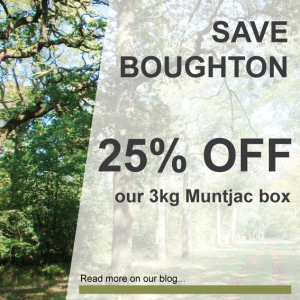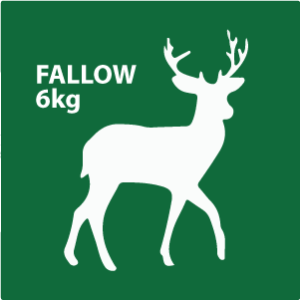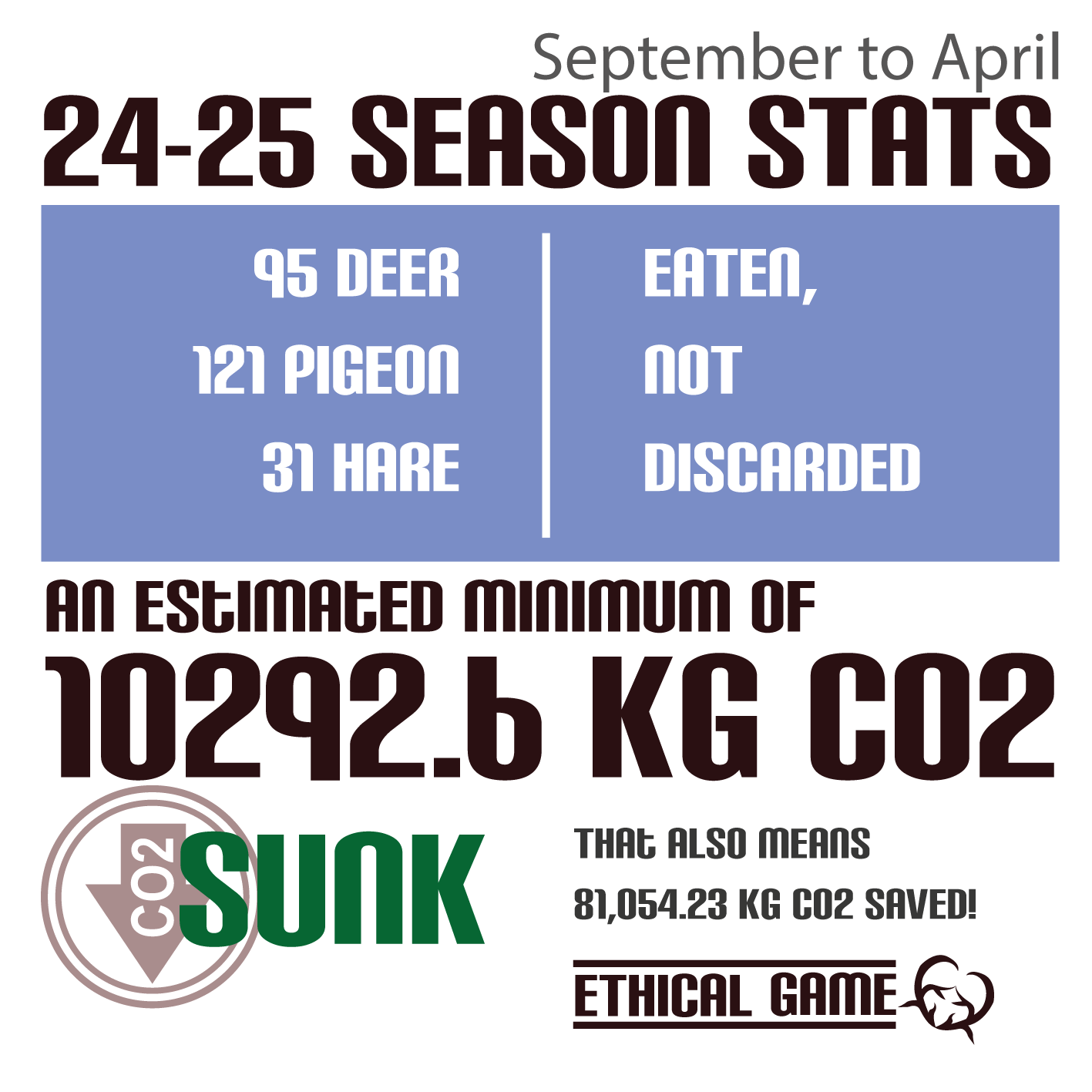| Venison | Beef |
| Locally Sourced in the West Midlands | Not Local – Usually Ireland |
| 8 kg sunk CO2 per kg of meat | 63kg CO2 produced per kg of meat |
| Not farmed – Living a free life | Farmed – raised on a cattle farm |
| Plastic Free Packaging option available | Non-recyclable (in Birmingham) Plastic Packaging |
| Using a waste product | Creating waste products |
| Part of a woodland management program that protects trees and other wildlife | Often requires woodland destruction to alter land use |
| Supports local community work | Corporate profits |
| Higher in protein | Lower in protein |
| Less saturated fat | More saturated fat |
| Less calories | More Calories |
| Organic and chemical free | Hormones, antibiotics etc |
We believe game meat is a more ethical and sustainable alternative to farmed meat. Our aim is to provide this meat at the lowest possible price and to as many customers as possible, reducing farmed meat consumption and raising awareness.
In the UK, wolves and bears were the evolutionary predators of deer. Unfortunately, these species were wiped out some centuries ago. Without predators, deer in a given woodland population will steadily strip the forest bare before starving due to lack of resources. The population crashes alongside other wildlife in the forest, which allows the forest to regenerate, which allows the deer population to increase, creating a boom and bust cycle that never ends and causes serious long term damage. For this reason, most managed woodlands have cull quotas, often of several hundred animals per year (usually 30% of the herd which increases by as much as 60% a year) – meat is a by-product of shooting, but deer are not shot for food.
It is extremely unfortunate that much of this prime venison goes to waste (incinerated, left to rot etc), along with it’s leather and other valuable materials. At Ethical Game, we take and process the whole animal, including meat, bones, hide, and tendons.
Ethical Meat
The deer we sell live their lives wild until the day they die a quick, clean death that prevents the herd from a population crash. Our stalker has 30 years experience and although it probably happens from time to time, we’ve never known him make a bad shot. Hunting seasons reflect the breeding cycles of each species to reduce the risk of orphaning fawns. Last year with Covid, our stalker was forced to shoot 300 deer for whom there was no customer, fating them to landfill. Since it is a principle aim of Ethical Game to reduce this sort of nonsense in the world, we aim to ensure that stalkers like ours never need to throw away large volumes of prime meat – because honestly, living in world that throws away vast amounts of meat while people struggle to feed themselves is abhorrent, before you even get into the climate costs of large scale meat production.
Locally Sourced
The deer we obtain is almost always shot within the midlands, keeping it’s food miles within double digits while supporting the local economy. Profits go back into our Community Interest Company, which provides a range of services to Stirchley, including free courses, management of local woodlands, litter picking, and discounts to low-income customers.
Carbon Negative
Our deer have no production stages – they are just living wild as they normally would – but because they are locally sourced in the Midlands the transportation miles of the deer are minimal. We worked out that each kg of venison produces a maximum of 0.368kg of CO2 through transportation.
To give you an idea how this compares to Beef, each kg of beef produces 6kg CO2 from transporation alone.
However, the management of the deer is part of a woodland management programme, which we have conservatively estimated to sink 8.45kg of CO2 per kg of venison. Essentially, shooting deer is an important element of the carbon sink that is a healthy woodland. For comparison, a kilo of beef is said to cost about 60kg of carbon emissions.
Wood Pigeon
It may surprise you to learn that wood pigeon is culled every week, all year round in the UK. Wood Pigeons threaten crop fields such as barley, beans and spinach, so are considered a pest species. Farmers cull the birds regularly and the birds are sent to landfill. We intercept as many birds as we can to stop them from being wastefully discarded. These are birds already culled and headed for the bin, they are not shot for food or fun – so every order you make for wood pigeon stops those birds being dumped in landfill.
Wood pigeon (not to be confused with feral/city pigeon) is a wonderful meat, its a dark red meat that needs searing first but can be served rare if desired. It used to be eaten with some regularity much like venison.
Grey Squirrel
The grey squirrel in the UK is actually an invasive pest species. They out compete the humble native red squirrel and cause damage to the woodlands. The distribution of red squirrel is so low and localised they were bordering on extinction. Thankfully many people have started working on this now with red squirrel havens, and ongoing grey squirrel pest control. That means everytime you eat a grey squirrel you are not only using up a waste product that would otherwise by thrown away but you are also helping the endangered red squirel populations (yay!).
Check out this map of the UK red versus grey squirel distribution today from UK Squirrel Accord.




